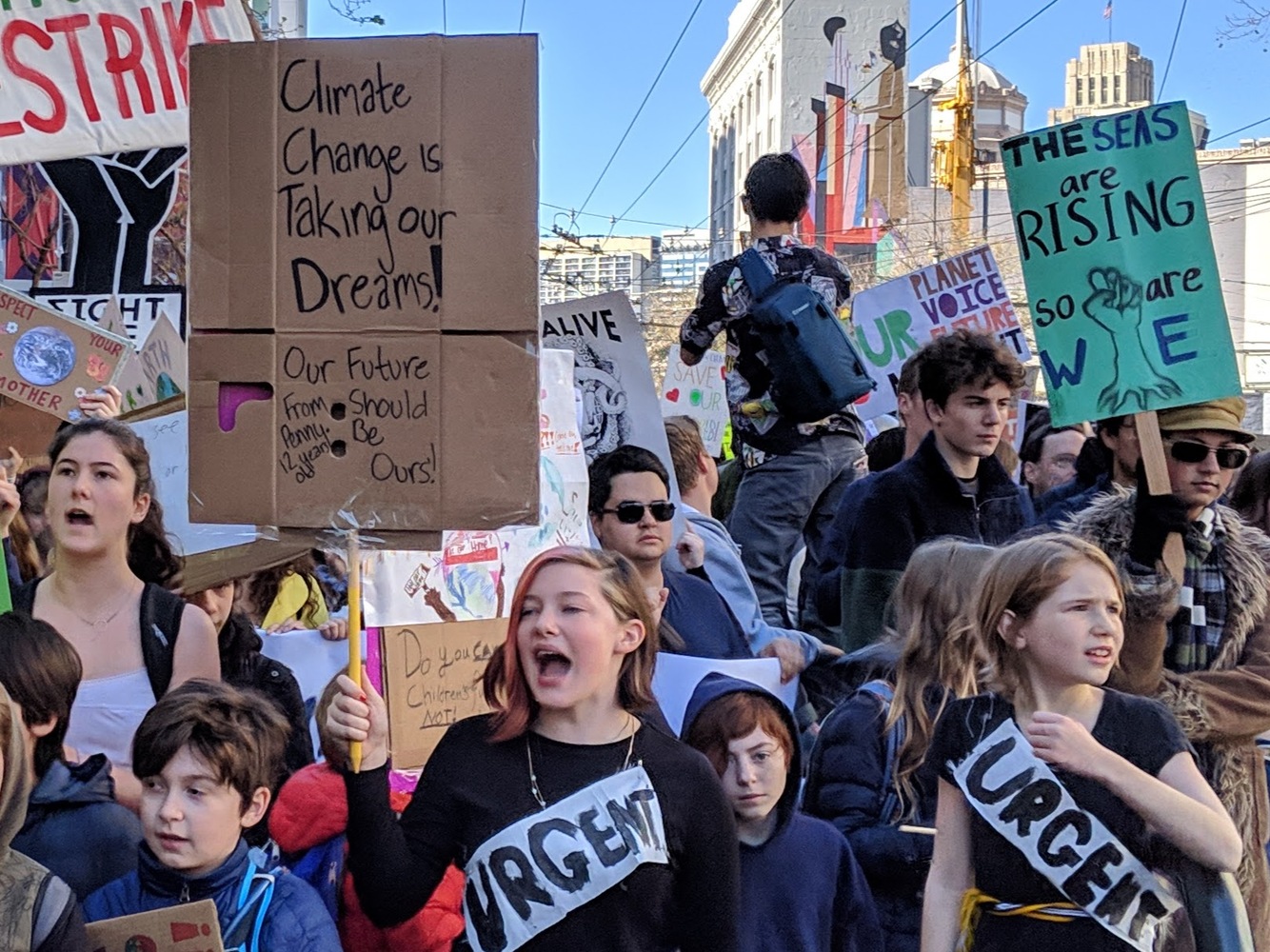The psychology of climate change: Pathways to youth and community action

Project code: 22
Project Summary
Project Description
Globally, young people rate climate change as the most important societal issue (Ojala, 2018), and 77% think the future is frightening, 66% are very or extremely worried, and 45% reporting that their feelings about climate change affects their daily life (Marks et al., 2021). A concept that attempts to capture the psychological impact of climate change is ‘eco-anxiety’, which has diffused into public discourse (see BBC, 2019). Eco-anxiety contains common features of anxiety, such as uncertainty and lack of control (Pihkala, 2020; Stanley et al., 2021) and is conceptualized as a manifestation of the impact of climate change on wellbeing. In a study of adult students, Schwartz et al., (2022) found that engagement in collective action decreased the symptoms of depression related to climate change anxiety. However, Schwartz and colleagues (2022) did not address what it is about collective action that functions as a buffer for climate change anxiety.
We propose a project that would examine ways to engage communities and especially young people around climate change. We believe that this type of engagement will not only raise awareness but also improve resilience and well-being as it relates to the effects of climate change. One important aspect of engaging communities to mitigate climate change is that acting together – and seeing others act – can really affect wellbeing, thus encouraging continued action. Acting together can reduce climate anxiety and create a sense of empowerment, a feeling that in working together, people really can create change.
We will use a qualitative approach to understand what factors harm or improve people’s psychological wellbeing in the context of climate change, focusing on the roles of identity, intersectionality, collective action, and direct and vicarious (dis)empowerment. Speaking with students and activists, we propose to conduct focus groups with non-activists to explore how their understandings of climate change relate to their wellbeing and empowerment. We will also conduct individual interviews with climate activists to ask people what it is that gets them motivated to make changes in their own lives and also in trying to get others motivated as well. Speaking with both non-activists and activists will provide contrasting perspectives on shared community, identity, and wellbeing. We will partner with local organisations to share this information and find ways to encourage young people in local communities to take part in climate action.
Outputs for this work will come in two forms: community-focused output and academic output. In terms of community-focused output, the project’s primary aim is to provide local stakeholders and local young people the opportunity to discuss their experience of participating (or not) in collective action for climate change. This work will ideally find out ways to better connect these groups, first through a workshop for local organisations, and then through an event that would allow young people in Dundee to connect with those organisations. It could also be beneficial to bring this information to the local council and other local government bodies, and we would do this by preparing a lay report that can be shared publicly. The academic output would involve carrying what we learn in the interviews and focus groups to conferences and academic publications so that further research can be carried out in the future.
£1612 - total salary for a project assistant to help organise and coordinate interviews, focus groups, and workshops with local stakeholders. Cost calculated for 7.5 hours per month for 12 months, starting 1 June 2023.
£980 - travel and accommodation for project consultation from Dr Sara Vestergren. Dr Vestergren will participate in workshops with local stakeholders.
£1032 - Transcription (group interviews - 5x120min)
£1800 - Transcription (individual interviews - 20x60min)
£600 - Participant incentives (40x15)
Total: £6024
Proposed on behalf of: University of Dundee
Price explanation
Supplied quotes are reasonable.

Most voted